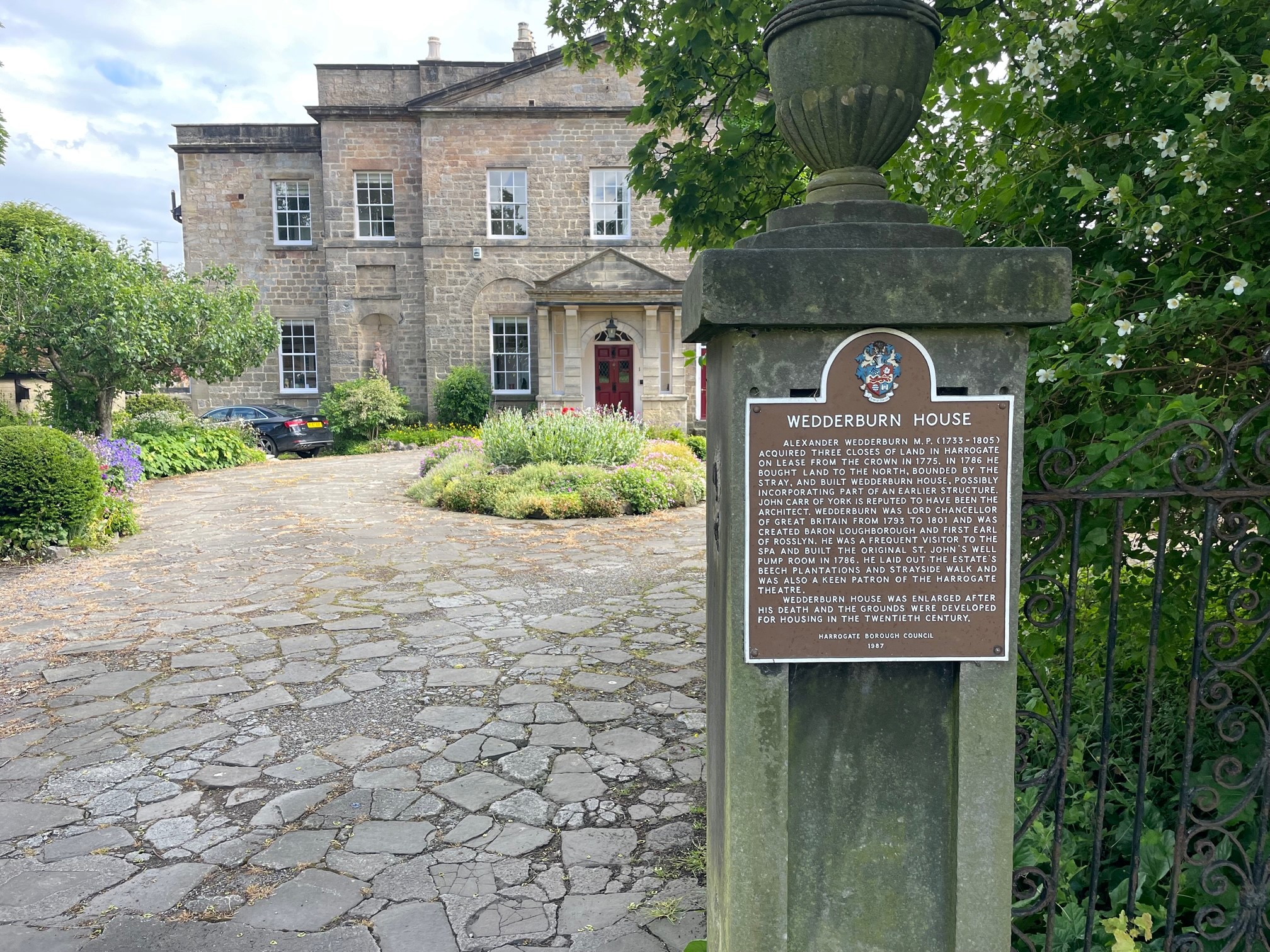Business Lessons from Ponds, Volcanoes and Spring Water
Many years ago, my wife and I lived in a terraced house, with a tiny front garden. For unfathomable reasons, my wife wanted to create a pond, which would dramatically [...]
Find out more about my consensus-based technology at Crowd Wisdom Project
Find out more about my consensus-based technology at Crowd Wisdom Project
Many years ago, my wife and I lived in a terraced house, with a tiny front garden. For unfathomable reasons, my wife wanted to create a pond, which would dramatically [...]
North Yorkshire’s sudden slide into winter destroys my mood like nothing else. Turning the heating on today - when just a few days ago it was sunbathing weather - [...]
(Written during take-off from Tenerife South, Airport) Travelling on a rickety bus in rural Thailand, back in 2000, I had my only epiphany. The vast distance from home - [...]
For posterity, news of the woodlands that we at Truth Legal planted, appeared in a whole range of local news outlets this week. I'm very proud of this endeavour, partnering [...]
Welcome to the world: The Crowd Wisdom Project! Spawned from my passion for, and frustration with, standard party politics, particularly local party politics, 2022 sees me launch the CWP. [...]
Accompanying the scenes of the Kabul evacuation, Pink Floyd’s Us and Them plays on a continuous loop in my head. “Us (us, us, us, us) and them (them, them, them, [...]
As a teenager, during the summer holidays I would wash cars with my mates, for cash. Never have I felt so flush, handling all those one-pound coins. Great times. Although [...]

Read
This Article

Read
This Article
Copyright Andrew Gray of Cosensus Politics Ltd. All rights reserved. Terms & Conditions | Privacy Policy | Cookie Policy
Website by The Micro Agency.
